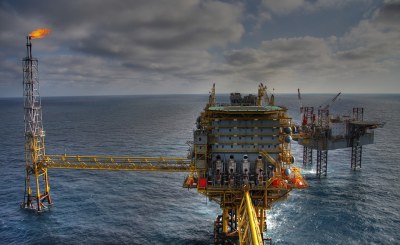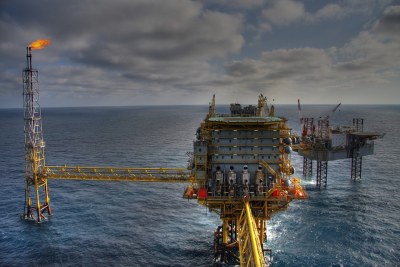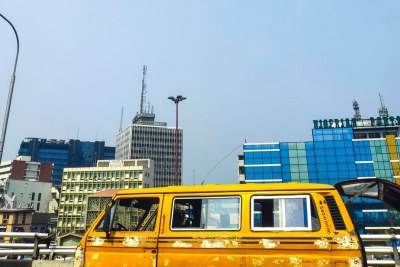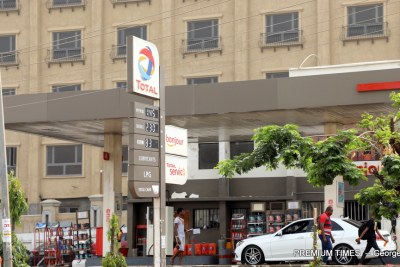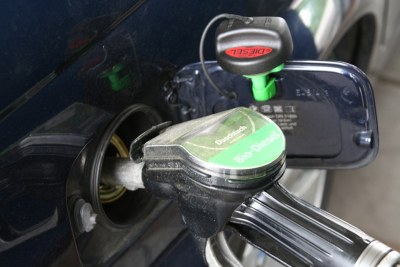-
Nigeria: Fuel Subsidies - They're Bad for the Economy, but the Lifeblood of Politicians
The Conversation Africa, 4 November 2021
Nigeria, Africa's biggest oil producer, has come under fire from the International Monetary Fund as well as World Bank for the heavy financial burden it carries in providing… Read more »
-
Nigeria: It's Illegal for Govt to Pay Fuel Subsidy From Federation Account - Emir Sanusi
Daily Trust, 27 October 2021
The 14th Emir of Kano and former Central Bank of Nigeria (CBN) Governor, HRH. Muhammad Sanusi II has said the federal government is indulging in illegality by paying petroleum… Read more »
-
Nigeria: Govt's Estimate Puts Fuel Subsidy Cost At N1.8trn
Vanguard, 28 September 2021
There are indications that federal government's revenue may be facing increasing pressures as oil revenue continues to falter, dropping about -26% Year-on-Year, YoY, to N393billion… Read more »
-
Nigeria: Petrol Subsidy - the Case for Bridging and Ancillaries
This Day, 28 September 2021
In July this year, the Minister of Finance, Budget and National Planning, Hajiya Zainab Ahmed, affirmed that government subsidy on petrol had risen to some N150 billion monthly and… Read more »
-
Nigeria: Govt Targets N900bn for Petrol Subsidy in 2022
Daily Trust, 2 July 2021
The federal government is targeting to spend N900 billion on subsidizing petrol next year. Read more »
Fuel Subsidies Bad For Economy, Lifeblood of Nigeria Politicians?
Nigeria has come under fire from the International Monetary Fund and World Bank for the heavy financial burden it carries in providing subsidies for fuel and kerosene. The criticism is rooted in the belief that the money could be better spent on other essential services, such as healthcare and education, writes Wale Fatade for The Conversation Africa.
Fuel subsidies have been in place in Nigeria since the 1970s. It began with the government routinely selling petrol to Nigerians at below cost. However, despite numerous attempts at reform, Nigeria has never successfully removed gasoline subsidies, in large part due to strong popular opposition to reform.
The federal government says it will take care of petrol subsidy in the first six months of 2022. President Muhammadu Buhari shelved plans announced in March 2021 to eliminate the costly fuel subsidies. While senior government officials acknowledge the need to phase them out, doing so is politically risky - especially with elections on the horizon in early 2023. Many Nigerians regard affordable gasoline as their single dependable benefit from the country's misspent oil wealth.
Some Nigerians have called for the removal of the subsidy, to enable the government to invest the funds into other developmental projects. Others have however condemned calls for its removal, citing it as perhaps one of the most significant "benefits" the masses enjoy from the government.
Every year, the Nigerian government runs huge budget deficits that could have been avoided if money budgeted for oil subsidies was allocated to other critical projects.
InFocus
-
President Muhammadu Buhari, who doubles as petroleum resources minister, has announced that the Nigerian National Petroleum Corporation (NNPC) has made a profit for the first ... Read more »
-
The International Monetary Fund has raised concerns about Nigeria's renewed subsidisation of fuel prices and urged it to maintain efforts to unify exchange rates that have underp Read more »
-
The government has said that it will not continue to bear the U.S.$300 million monthly subsidy burden on petroleum products. The Group Managing Director of the Nigerian ... Read more »
-
The Nigerian National Petroleum Corporation's Chief Mallam Kyari has said that the ordinary people of Nigeria did not see the benefit of the government subsidising the country's ... Read more »
